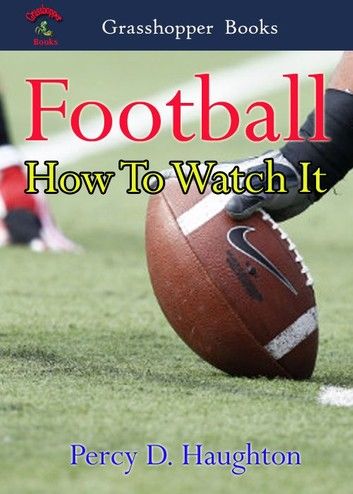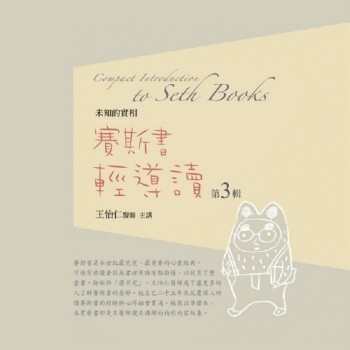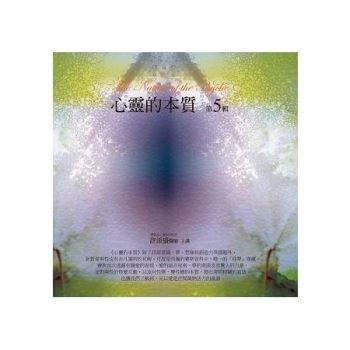| FindBook |
有 1 項符合
Football How To Watch It的圖書 |
 |
Football How To Watch It 作者:Percy D. Haughton 出版社:Grasshopper books 出版日期:2013-01-01 語言:英文 |
| 圖書館借閱 |
| 國家圖書館 | 全國圖書書目資訊網 | 國立公共資訊圖書館 | 電子書服務平台 | MetaCat 跨館整合查詢 |
| 臺北市立圖書館 | 新北市立圖書館 | 基隆市公共圖書館 | 桃園市立圖書館 | 新竹縣公共圖書館 |
| 苗栗縣立圖書館 | 臺中市立圖書館 | 彰化縣公共圖書館 | 南投縣文化局 | 雲林縣公共圖書館 |
| 嘉義縣圖書館 | 臺南市立圖書館 | 高雄市立圖書館 | 屏東縣公共圖書館 | 宜蘭縣公共圖書館 |
| 花蓮縣文化局 | 臺東縣文化處 |
|
|
The reader who wants to know how to listen to music or what to observe in a picture gallery may readily find all this information conveniently gathered in book form. Accordingly, it is fitting that to this informative library there should be added a book of football for the spectator. I maintain that football is an art as well as a sport. Percy Haughton belongs without doubt among the old masters. Of course, his position is complicated a little by the fact that he is also in the ranks of the moderns.
Still another difficulty is raised by the question of just which branch of art embraces football. Mr. Haughton realizes its analogies to war, but I think that there are features which qualify the game for a place in the field of liberal arts as well. There is a striking resemblance, for instance, between the best of Harvard football and any characteristic story by O. Henry. To be sure, every football play is in a sense a short narrative. First come the signals of the quarterback. That is the preliminary exposition. Then the plot thickens, action becomes intense and a climax is reached whereby the mood of tragedy or comedy is established.
But the resemblance between Haughton football and O. Henry is more special than this. Deception is an important factor in the technique of both the coach and the writer. Often there is a well developed feint to fool the reader or the opposing line as the case may be. Everybody thinks he knows how it is coming out when suddenly we have the surprising flash of the trick finish. "By Jove," says the reader, laying down the book, "I never thought of that." And the Yale defensive back, picking himself up, says much the same thing though perhaps somewhat differently expressed. Like O. Henry, Haughton seems to have specialized in happy endings. .....
|










